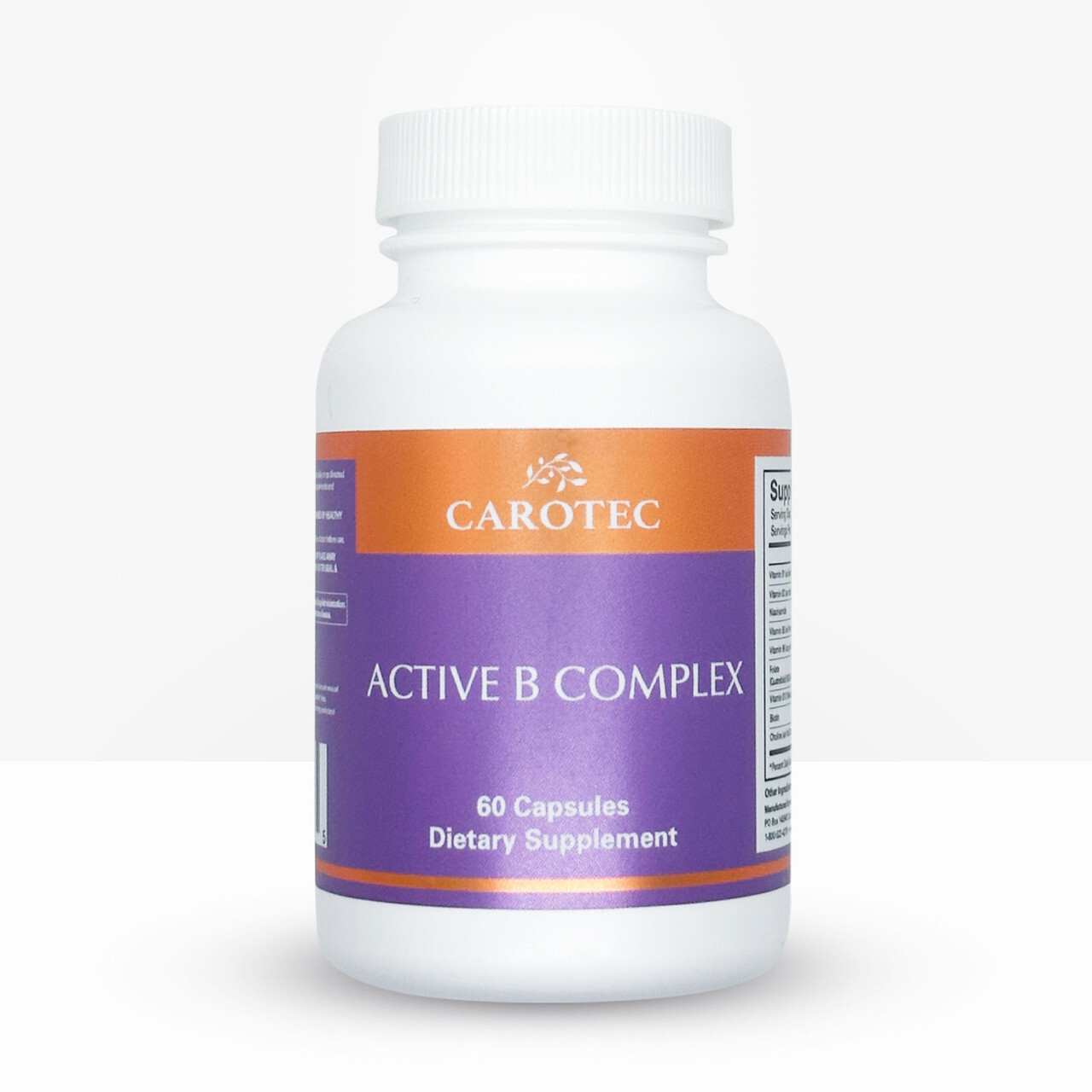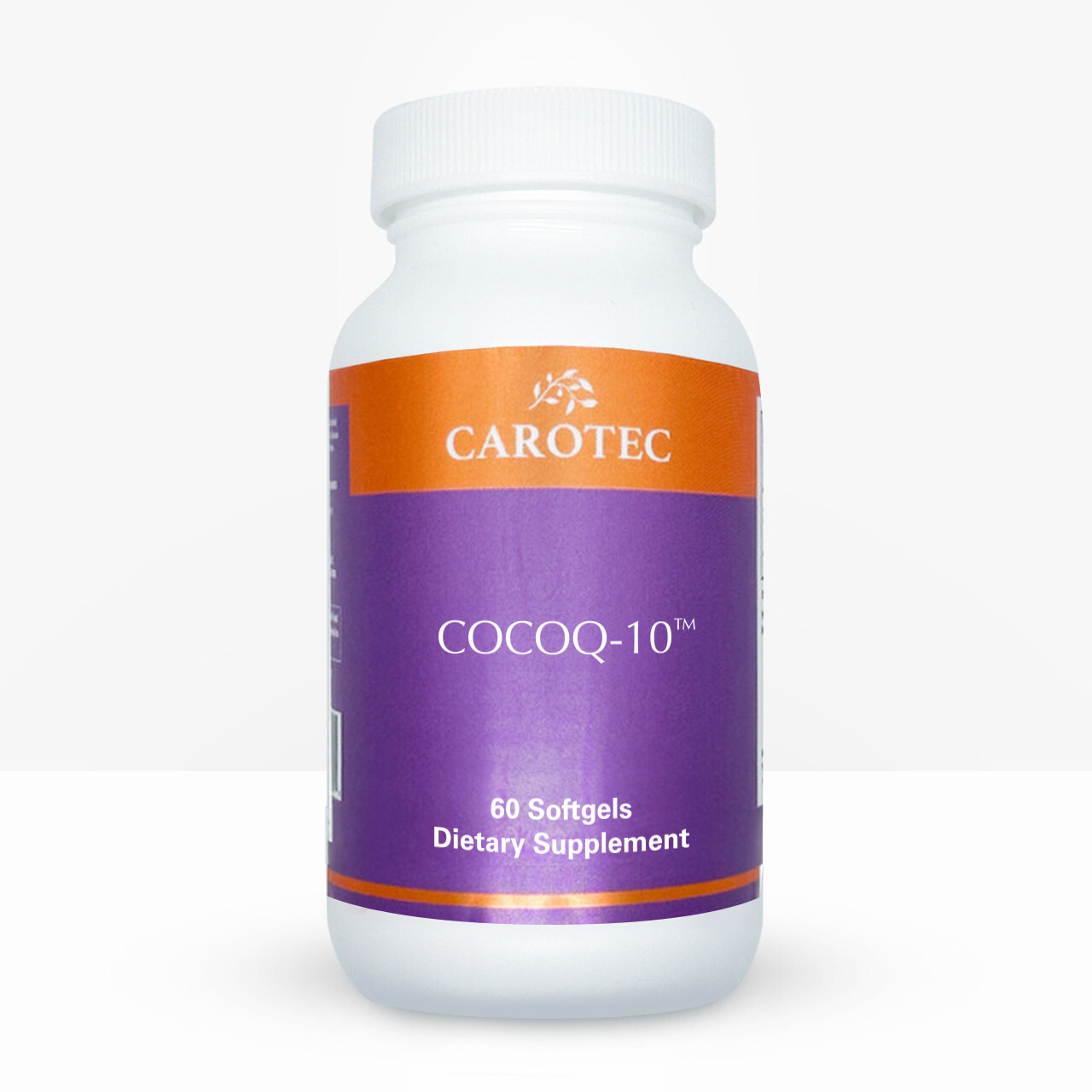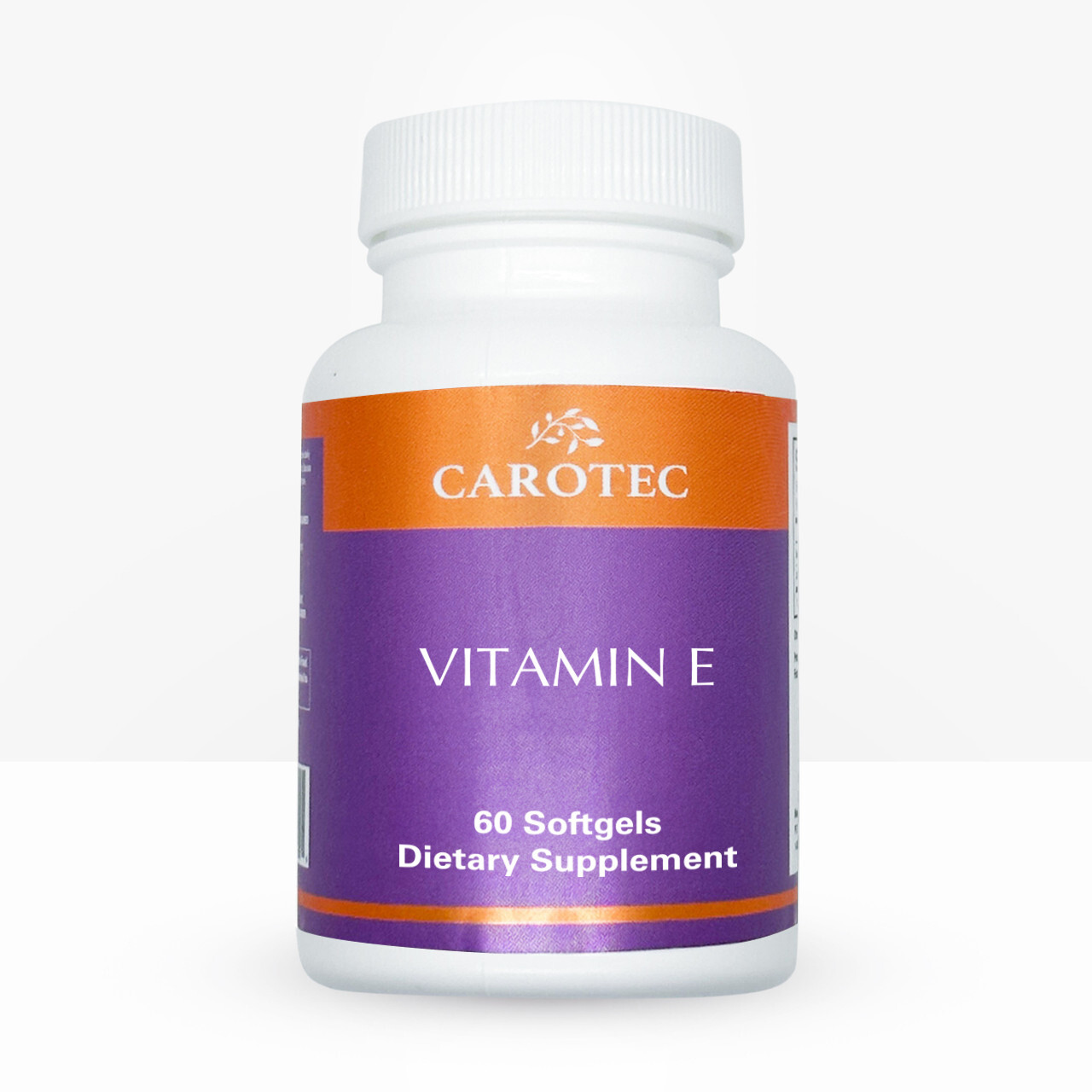 We should pay extra attention to the health of the myelin sheath. Without 100 billion nerve cells functioning well, no part of the body will function. Myelin plays a critical part in the communication network of our cells.
We should pay extra attention to the health of the myelin sheath. Without 100 billion nerve cells functioning well, no part of the body will function. Myelin plays a critical part in the communication network of our cells.
The myelin sheath surrounds nerve cells, like a sleeve, helping to insulate nerves to keep them protected; helps electrical signals move fast and smoothly from one nerve cell to another; and preserves the strength of the electrical message as it travels. Myelin is made up of fatty substances, such as cholesterol and phospholipids.
Myelin is essential to keep nerves functioning, sending, and receiving communication from all parts of the body. There are 100 billion nerve cells in the body and myelin is key to helping nerve cell function. When the myelin is not functioning optimally, messages are slowed or not delivered from the brain to the nervous system. This means vital functions are impaired—vision, balance, cognition, coordination, and sensations are affected.
Damage to the myelin is called “demyelination” which can bring neurological diseases; the most well-known is Multiple Sclerosis (MS) happens the immune system attacks myelin.
Electromagnetic frequency radiation (EMF) harms the myelin, something the mainstream (and much of the alternative) media censor. EMF dangers are something we at Carotec take seriously because we believe EMF is the most under-reported hazard to health on the planet. With 5G and soon to be 6G, the threat of EMF is greater than ever.
Noted scientists concluded that EMF damages the myelin in a paper titled “Could Myelin Damage from RadioFrequency Electromagnetic Field Exposure Health Explain the Functional Impairment Electrohypersensitivy? A Review of The Evidence.” The scientists made plain that demyelination is caused by EMF and that “in vivo and in vitro and epidemiological studies” support this conclusion.
Statin drugs, too, attack the myelin. Researchers from Australia note that “depletion of central nervous system myelin by inhibition of cholesterol synthesis” is a cause of statin-induced cognitive decline. You didn’t hear that on the mainstream news, either. (Evidence and mechanisms for statin-induced cognitive decline, 2019)
The mainstream media won’t tell you that neurological damage arises from EMF or statins, let alone the myriad of toxic compounds hurled at our bodies. Most of the “alternative” media, too, is asleep on EMF dangers. Not so at Carotec.
EMF damages more than the myelin, but in this article we focus on myelin health.
We bravely confronted the most daunting subjects in health since our founding and provided solutions.
Fortunately, myelin can be regenerated if myelin isn’t severely scarred. Many our supplements help regenerate myelin, according to published studies and observations.

Vitamin C Plus:
Our Vitamin C Plus has 500 mgs of European made non-GMO source ascorbic acid and 100 mgs of OPCs from grape and pine bark made under the auspices of Dr. Jacques Masquelier.
Both ingredients have clinical evidence showing that they help regenerate myelin.
Vitamin C promoted the repair of myelin sheaths in human subjects, as well as provided significant therapeutic effect in an animal model, according to a 2018 study in GLIA Neurobiology Journal titled Vitamin C promotes oligodendrocytes generation and myelination.
Grape seed OPCs have studies showing to rebuild myelin in cell culture and animal studies and helped in “quality of life” in published human studies. So do OPCs from French Maritime Pine bark.
 Active B Complex:
Active B Complex:
Many B vitamins are myelin-friendly, the most notable being vitamin B12. The United Kingdom’s Multiple Sclerosis Trust states: “You need vitamin B12 to help maintain your nerves’ myelin sheath.” This matter of fact is supported by numerous studies.
Other B vitamins which help the nervous system are B1, B5, B6 and Folate. Our B1 is benfotiamine, a fat soluble highly absorbed form made in Japan, with a high degree of clinical evidence showing it superior to “regular” thiamine. Our B6 is active form and so is our Folate.
Our Active B Complex has vitamin B12, which we also offer in a lozenge in a product called Vitamin B12, which is more potent and has two active forms of B12).
 CocoQ-10:
CocoQ-10:
Coenzyme Q10 has numerous studies showing it to help neurological and myelin health in cell-culture, animal and human studies. A British publication on Neuroscience proposes coenzyme Q10 be used for MS: “mitochondrial dysfunction, oxidative stress and inflammation have been implicated in the pathogenesis of MS. Therefore, there is a reationale for the use of supplementary coenzyme Q10 as a potential novel therapeutic agent for this disorder, based on the key roles of this vitamin-like substance in the normal mitochondria function, as an antioxidant and as an inflammatory agent.”
Our CocoQ-10 uses Kaneka Q10 which is made in the United States—it is not Chinese made which is not as pure and has compounds which have not been identified.
 MitoDefense® Astakrill:
MitoDefense® Astakrill:
Our MitoDefense Astakrill has 3 major components that make it myelin-friendly: omega 3 fatty acids, astaxanthin and phospholipids. Because MitoDefense Astakrill has omega 3 fatty acids in phospholipid (not trigclyeride form) they are better absorbed into the cells; we also have AstaReal astaxanthin which also helps the myelin.
An animal study using krill revealed that krill has great neuroprotective power. The study authors induced neurological damage to study animals and fed them krill, noting that krill “significantly improved motor abnormalities, spontaneous exploration and spatial memory learning of (damaged) mice model. It suggested that (krill) treatment can ameliorate demyelination.” The study authors noted that krill oil’s superior absorption and utilization to regular fish oil brought “higher bioavaibility” of DHA/EPA because of the high amount of phospholipids in krill oil.
The study authors noted that krill oil helped stop the destruction of the myelin—and, helped rebuild myelin in the test animals. (An Antarctic krill oil-based diet elicits neuroprotective effects by inhibiting oxidative stress and rebalancing the M1/M2 microglia phenotype in a cuprizone model for demyelination, Journal of Functional Foods, 2021).
Astaxanthin also shows strong neuroprotective myelin-building ability, according to animal and cell culture studies. Animal studies showed that astaxanthin helped stop the destruction of the myelin and rebuild it; also, astaxanthin helped with muscle strength.
MitoDefense® Astrakrill has vast benefits to health. In the area of myelin, it outshines “fish oils” because its component not only help the omega 3 fatty acids work better, they also independently help rebuild myelin. Myelin is composed of phospholipids and phospholipids are not found in “regular” fish oil. Astaxanthin, too, helps myelin and is not found in regular fish oil.
 Vitamin E (as tocotrienol):
Vitamin E (as tocotrienol):
Our Vitamin E product is derived from palm tocotrienols and enhanced with natural fatty acids to improve absorption. Studies show that tocotrienols reach the brain, unlike tocopherols, and also help rebuild myelin. Animal studies demonstrate that tocotrienols outperformed tocopherols in motor function and myelin regeneration. Other studies point to alpha-tocotrienol’s superiority in helping defend the nervous system: “Dietary supplementation studies have established that tocotrienol, fed orally, does reach the brain. The current findings point towards tocotrienol as a potent neuroprotective form of natural vitamin E.” (“Tocotrienol: the natural vitamin E to defend the nervous system?” Annals of the New York Academy of Sciences 2006)
 Olive Power:
Olive Power:
Since 1998 we’ve offered superior olive leaf and fruit extracts. We’ve seen validation of our effort over the past 26 years in many different health conditions. Olive leaf’s oleuropein is known for cardiovascular and immune support but it emerging as a neuroprotector. In a paper titled, “Neuroprotective Panel of Olive Polyphenols: Mechanisms of Action, Anti-Demyelination, and Anti-Stroke Properties (Nutrients 2022), the authors conclude: “The beneficial effects of polyphenols from olive derivatives on neurological demyelinating and cerebrovascular disorders have been extensively studied and associated with the modulation of many different cellular pathways. They are studied as a combination in olive oil and leaves, leaf extract or other olive by-products, or as individual compounds such as oleocanthal, oleuropein, hydroxytyrosol, and tyrosol.
“In the context of reducing the risk of multiple sclerosis, olive polyphenols reduce neuroinflammation by decreasing oxidative stress through the reduction of ROS and upregulation of antioxidant enzymes, by the downregulation of pro-inflammatory transcription factors such as NF-kB and AP-1, by regulation of the secretion of pro- and anti-inflammatory cytokines, and by the production of pro-aggressive and regulatory T lymphocytes, and pro-inflammatory and anti-inflammatory microglia.
“Thanks to their multiple modes of action, olive polyphenols have a great potential for therapeutic success in combating multifactorial pathologies such as neurological disorders including multiple sclerosis and stroke. Therefore, further clinical trials are needed to gain more precise knowledge about preventive/therapeutic relevant concentrations and dosages.”
Carotec's S-Acetyl-Glutathione (SAG) is designed to increase glutathione levels more efficiently compared to "reduced" glutathione and N-Acetyl-Cysteine. While Alpha Lipoic Acid can raise glutathione levels in the body, we have added SAG to our range of uniquely developed products to meet the growing demand for boosting glutathione levels in your body. Even if you already take Alpha Lipoic Acid, incorporating SAG into your regimen can provide additional support.
Our SAG is stable and protected from oxidation and enzymatic hydrolysis, thanks to the natural form of the acetyl group. In simple terms, our SAG efficiently elevates the glutathione levels inside cells compared to regular glutathione supplements and N-Acetyl-Cysteine (NAC), as supported by a published study. We source our SAG from Gnosis, a reputable European manufacturer known for producing high-quality ingredients
Other products that help rebuild myelin are: Revitalize Focus (ginkgo biloba), Vitamin A-D3-K2 (vitamins A and D), Curcumin/Boswellia (curcumin) and CardioNeuroCarn (acetyl-l-carnitine) have evidence for building myelin.
